On concentrating resources on large projects
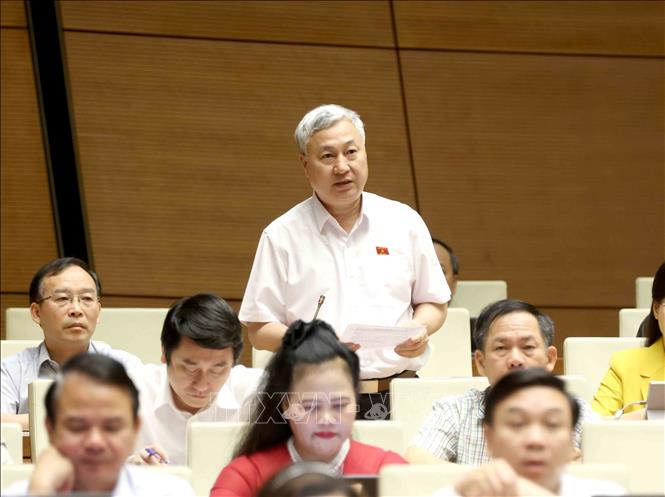 |
| National Assembly delegate of Bac Giang province Tran Van Lam speaks. Photo: Phuong Hoa/VNA |
Regarding the outstanding debt of local budgets, the draft stipulates that localities that balance their own revenues and expenditures can borrow up to 120% of their budget revenues. This policy was previously allowed by the National Assembly to be piloted in a number of localities. This time, the pilot policy has been included in the Law, aiming to help localities proactively implement large projects in their localities. However, some delegates suggested further assessment of the impact on public debt safety, as well as resources for large national projects.
Regarding raising the debt ceiling of local budgets, delegate Tran Van Lam (Bac Giang) was concerned that it could disperse national resources to many small local projects, not concentrating resources on large projects, and this issue needs to be considered.
Regarding the use of increased revenue and annual savings, delegates noted that in the current period, priority should be given to investment to support growth. But first of all, priority should be given to ongoing projects that have the ability to absorb capital.
The delegate emphasized: "If it is used for a new project, it must also be included in the medium-term investment plan and be eligible for implementation sooner; it should not be spread out over additional, unexpected projects. If there is an unexpected request, there are already reserve sources to handle it." Because according to delegate Tran Van Lam, in reality, in the past, this source, including at the Central level and in many localities, has been allocated to many projects that are not in the medium term, are not really urgent, and have not been carefully prepared, so it is difficult to implement.
Some delegates have different views on this issue, because in the context of merging provinces and cities, localities are in great need of resources, so they propose to raise the public debt ceiling, especially for special urban areas.
Delegate Tran Hoang Ngan (Ho Chi Minh City) raised the issue that the implementation of the merger policy, from 63 to 34 provinces and cities, requires resources to connect the inner city, connect the regions, connect the localities, so it requires a huge investment resource. Therefore, increasing the outstanding debt of localities is necessary even though this may increase the national public debt ceiling. From there, the delegate suggested that the Government and the National Assembly consider further with special cities such as Hanoi , Ho Chi Minh City, which have many large projects, including urban railway projects... so it is very necessary to loosen the public debt ceiling; therefore, he suggested that the National Assembly consider raising this level from 150 - 200% of the budget revenue.
Recommendations to ensure financial rights for commune level
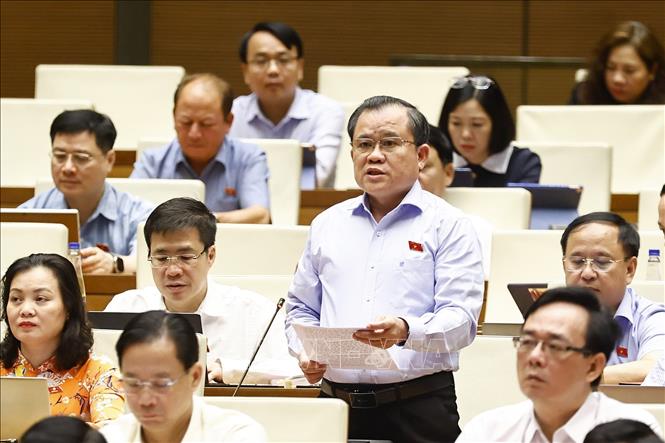 |
| National Assembly delegate of Ba Ria - Vung Tau province Nguyen Tam Hung speaks. Photo: Doan Tan/VNA |
Some delegates focused on recommendations to ensure real financial power for the commune level, in line with the new local government organization model. The clear, complete and strict legalization of regulations on financial decentralization for the commune level is not only a technical legislative requirement, but also a prerequisite to ensure the effectiveness and efficiency of the grassroots government apparatus.
According to delegate Nguyen Tam Hung (Ba Ria - Vung Tau), regarding the decentralization of revenue sources and expenditure tasks, the current regulations are still framework-based, lacking the principle of ensuring minimum financial resources for the commune level. "In the context of no longer having district authorities in many localities, if the commune level is only assigned work but not money, it will lead to an impossible situation in implementation" - the delegate analyzed.
Therefore, the delegates proposed to add mandatory regulations on the minimum budget retention rate for communes, based on population norms, local conditions and essential spending needs. At the same time, the provincial People's Council needs to publicize the annual budget decentralization results to enhance transparency and public supervision.
Regarding budget transparency, delegate Nguyen Tam Hung proposed adding clear instructions: commune level is responsible for disclosing the budget in an accessible form and the commune-level Fatherland Front is responsible for supervising budget implementation at the grassroots level.
Delegate Pham Thi Thanh Mai (Hanoi) emphasized the spirit that we need to overcome weaknesses in budget management and operation, and improve the efficiency of budget use. "It is proposed that in the coming time, there should be a way to allocate the budget according to output, this is a factor that we consider very important to fulfill our responsibility to the people and voters regarding the allocation of state budget resources" - the delegate suggested.
Regarding the state budget reserve, delegate Thanh Mai said that it is necessary to assign the Government to provide detailed guidance on the principles, conditions, and cases in which the mechanism for using the state budget reserve can be applied to ensure increased accountability, as well as transparency and supervision of the electoral system.
Source: https://huengaynay.vn/chinh-tri-xa-hoi/theo-dong-thoi-su/nhieu-y-kien-gop-y-ve-muc-du-no-vay-cua-ngan-sach-dia-phuong-153998.html




![[Photo] Vietnamese and Hungarian leaders attend the opening of the exhibition by photographer Bozoky Dezso](https://vphoto.vietnam.vn/thumb/1200x675/vietnam/resource/IMAGE/2025/5/29/94d8ceca5db14af3bf31285551ae4bb3)

![[Photo] Prime Minister Pham Minh Chinh meets with Hungarian President Sulyok Tamas](https://vphoto.vietnam.vn/thumb/1200x675/vietnam/resource/IMAGE/2025/5/29/dbcaa73e92ea4448a03fe1d0de6d68e8)

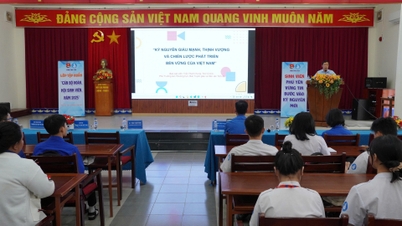




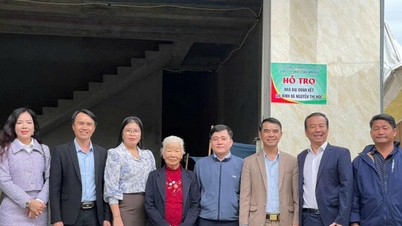

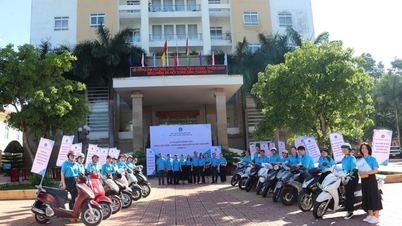





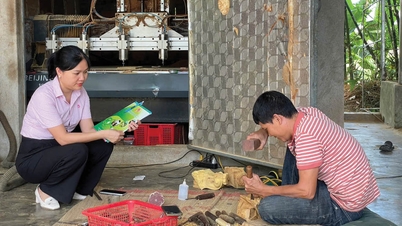


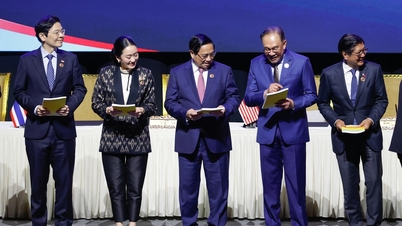
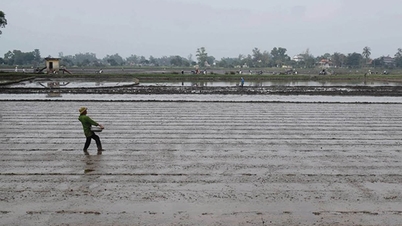
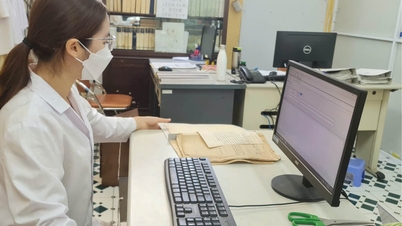
![[Photo] Prime Minister Pham Minh Chinh receives a bipartisan delegation of US House of Representatives](https://vphoto.vietnam.vn/thumb/1200x675/vietnam/resource/IMAGE/2025/5/28/468e61546b664d3f98dc75f6a3c2c880)


















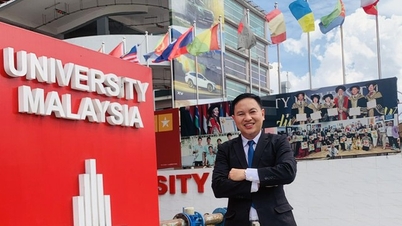









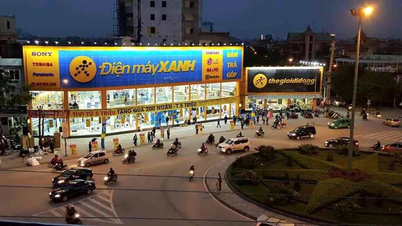





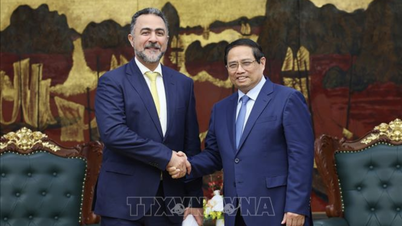


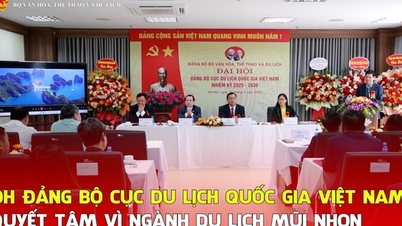






















Comment (0)